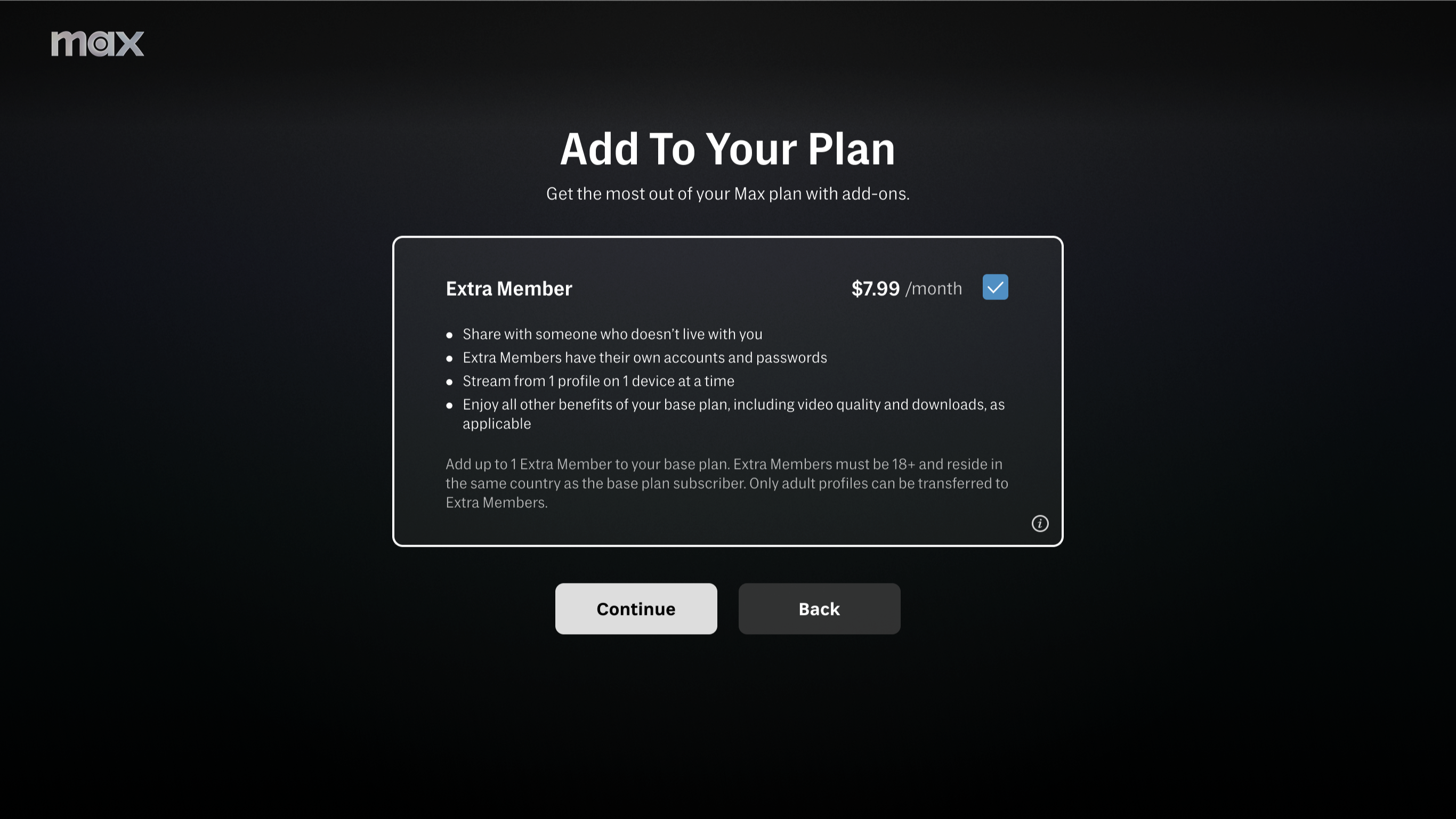Court Rejects Petition to Reverse FCC's UHF Discount
The U.S. Court of Appeals for the D.C. Circuit has declined to overturn the FCC's restoration of the UHF discount on the grounds that the parties challenging it--Free Press, Prometheus Radio--did not have standing to bring the challenge.
That could be a big boost to broadcast M&A, though it might not be the big boost for the Sinclair-Tribune deal given the FCC's other problems with it.
The UHF discount means that only half of a UHF TV station's audience counts towards the 39% national ownership cap. The discount allowed Sinclair to bid for Tribune stations that otherwise would have pushed it to almost double that 39% cap.
“I’m pleased with the court’s decision to reject this challenge to the reinstatement of the UHF discount pending the completion of our comprehensive review of the national ownership cap," said FCC chair Ajit Pai.
[Read: Report: Pai Preparing July Vote On 39 Percent Cap/UHF Discount Review]
During oral argument last April, the judges clearly had concerns about not having statements from individual members of the associations establishing particular harms related to the Sinclair-Tribune deal, which the petitioners used as an example of the harms of the discount. The court wanted the petitioners to have identified at least one Free Press member or Prometheus member in a Sinclair market that would have been affected by the potential merger.
The three-judge panel of the court said the argument did not even warrant a published opinion, adding that it did not have to reach the merits of the decision because of that lack of standing.
Get the TV Tech Newsletter
The professional video industry's #1 source for news, trends and product and tech information. Sign up below.
Those merits were whether it was within the FCC's discretion to reinstate the UHF discount pending “a broader review of the [national ownership] cap” itself after the FCC, under previous chair Tom Wheeler, had concluded it had erred in eliminating the UHF discount before that review.
Since there is no published opinion, it is unclear whether the petitioners could have won on the merits, though two of the three judges appeared inclined to agree with them. Most observers of that oral argument had speculated that, if the standing issue did not derail the challenge, it had a good chance of succeeding and the discount repealed and remanded back to the FCC.
But in a two-page document dismissing the petition to overturn the FCC decision, the three-judge panel said: "Membership organizations may assert standing on behalf of their members, but in order to do so they must show that at least one member “would otherwise have standing to sue in [his or her] own right.”
The court said Prometheus and Free Press did not do that, and it did not accept those showings in a supplement filed after oral argument.
Now that the court has ruled, Pai is expected to proceed with an item that combines the discount with re-thinking the 39% national audience reach cap to which the discount is tied, perhaps by raising it to 50%, as some broadcasters have asked for, with a review of that move down the line in case it needs some more raising.
Free Press and Prometheus can appeal the three-judge decision to the full court.
Free Press attorney Andrew Schwartzman had no comment on next steps, saying he was still processing the decision and that it was too early to make that call.
"This should remove the cloud hanging over broadcasters, preventing them from further growth. The next, and most important, step is for the Commission to eliminate the national cap altogether," said Adonis Hoffman, former top FCC staffer and currently head of Business in the Public Interest. "Taken together, these actions will give broadcasters the regulatory foundation yo compete in a rapidly changing media market against the likes of FAANG [Facebook, Amazon, Apple, Netflix and Google]."
Equity Research analyst Marci Ryvicker called it a "nice and unexpected positive for the broadcast space."
Contributing editor John Eggerton has been an editor and/or writer on media regulation, legislation and policy for over four decades, including covering the FCC, FTC, Congress, the major media trade associations, and the federal courts. In addition to Multichannel News and Broadcasting + Cable, his work has appeared in Radio World, TV Tech, TV Fax, This Week in Consumer Electronics, Variety and the Encyclopedia Britannica.

